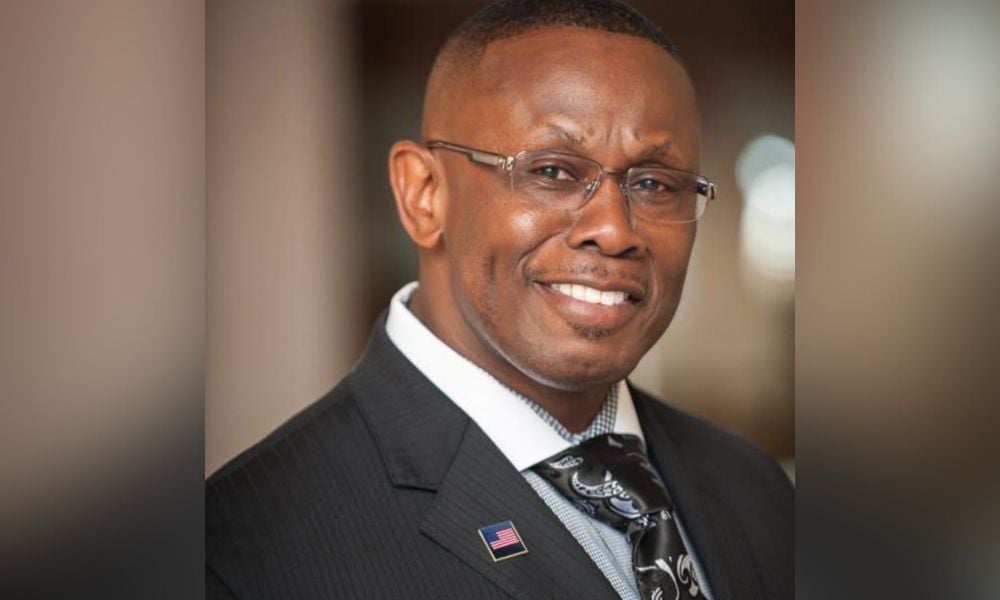
From the Secret Service to Jimmy Carter's Pastor, this exec is changing recruitment for good

Tony Lowden has made it his life’s mission to help people who’ve been incarcerated reintegrate into the general workforce – and educate employers on the unique talents that this group can offer.
“Growing up in north Philadelphia, one of the worst ghettos in America, allowed me to see first-hand the impact that mass incarceration has on people,” Lowden told HRD. “Men and women who got caught up in the social ills of our communities went in and out of prisons – and they’d come home the same way. When I moved to Georgia, I realized that some of the kids that I was mentoring had family members
Read more: Ontario first province to pass landmark transparency bill
This is where second chance hiring comes in. Right now, we’re suffering from a global talent shortage – one which has been rocked by mass resignations and sector switches. Lowden believes second chance hiring is the lifeline HR needs.
Read more: How has employment law changed post-COVID?
“We’re in a hypercompetitive, hypersensitive economy,” added Lowden. “Companies are struggling to identify strong candidates at all levels of their operations. What’s more, too many employers are missing out on what I call ‘qualified talent’. There’s this huge segment of our population
And Lowden’s not wrong. Formerly incarcerated people bring a wealth of talent to the workforce that other groups don’t. For one, turnover is much lower – quality improves, and, most importantly, they’re incredibly grateful and eager to thrive.
“Their families see them changing,” added Lowden. “Their sons and daughters are seeing that their father is working, that he's improving his life. That's a whole gamechanger. We shouldn't turn our back on our citizens. There was a time that we used labour from our prisons. Back then, the judges gave them options of either going to jail or joining the military. But now we have an opportunity to connect with men and women who’re coming from our prisons and say, you know what? We want to give you that same grace and opportunity to go to work in our communities.”
For some employers, the stigma of hiring a formerly incarcerated person is holding them back – which is rather hypocritical for businesses that preach compassion as a core value. In reality, companies need to start looking at their own culture, seeing how they can amend and improve it, in order to help these employees really succeed. Soon enough, employers will realise that these employees are loyal, they’re engaged, and they’re motivated.
“I remember a young lady who was on meth and pregnant,” Lowden recalled. “She also had a son in prison and I actually